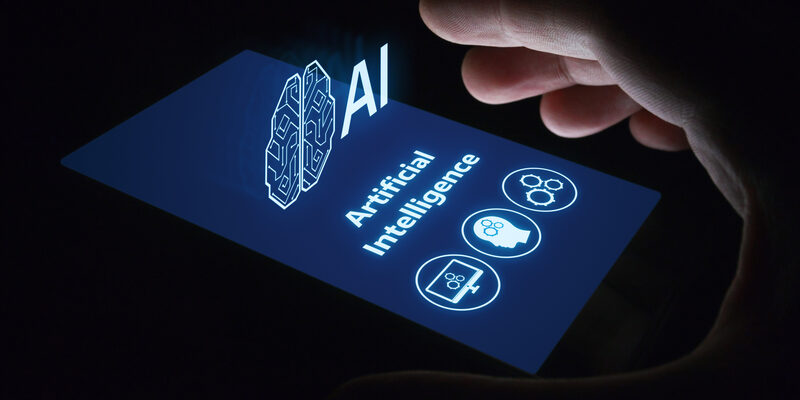With automation and artificial intelligence, clinical trial teams can recruit and retain more patients. Plus, predictive analytics allow clinical trial teams to make better predictions, and therefore, better decisions about patient behavior — this way, they can reach out before a study ends. Currently, AI and predictive analytics can benefit clinical trial monitoring and clinical trial teams as they seek to understand patient behavior.
Read as our expert on clinical data EDC systems describes how predictive analytics and automation shape the future of trial monitoring:
HMI (Human-Machine Interface)
This helps humans directly communicate with devices. One example of a Human-Machine Interface is an AI-enabled chatbot that can answer the questions human types into the chat window.
NLP (Natural Language Processing)
This can analyze spoken or written language to allow for more natural communication between computers and humans — and better analysis of written documents such as medical research articles and electronic health records.
ML (Machine Learning)
This can analyze enormous datasets to make connections through the identification of patterns.
As several analytics tools are mixed and shaped toward certain goals, they develop more distinct abilities. For instance, predictive analytics uses machine learning to deduce patterns that not just shed light on existing data but also signify the probability of a certain event taking place in the future.
A research study examined the role of artificial intelligence and related tools in remote health monitoring. By using digital tools, clinical trial teams were able to categorize participants according to the probability that every patient would be able to continue with the study. Subsequently, the team can then refer to the categorizations as part of its assessment of every patient’s continued participation in the research.
Today, there’s a lot of media attention on machine learning in healthcare. Unfortunately, it doesn’t focus on pharmaceutical research and prioritizes healthcare delivery. However, the lack of attention doesn’t correlate with the lack of innovator and investor interest. Efforts to apply machine learning to clinical trials continue to grow.
ClinicalPURSUIT’s electronic data capture software for clinical trials offers exceptional return on investment
With ClinicalPURSUIT’s EDC clinical data management software, our clients typically see improvement in the following areas:
- Lower ongoing training and support costs
- Lower training and implementation costs
- Improve time to ramp up, and more!
Get in touch with us now for more information on our EDC clinical trial systems!







